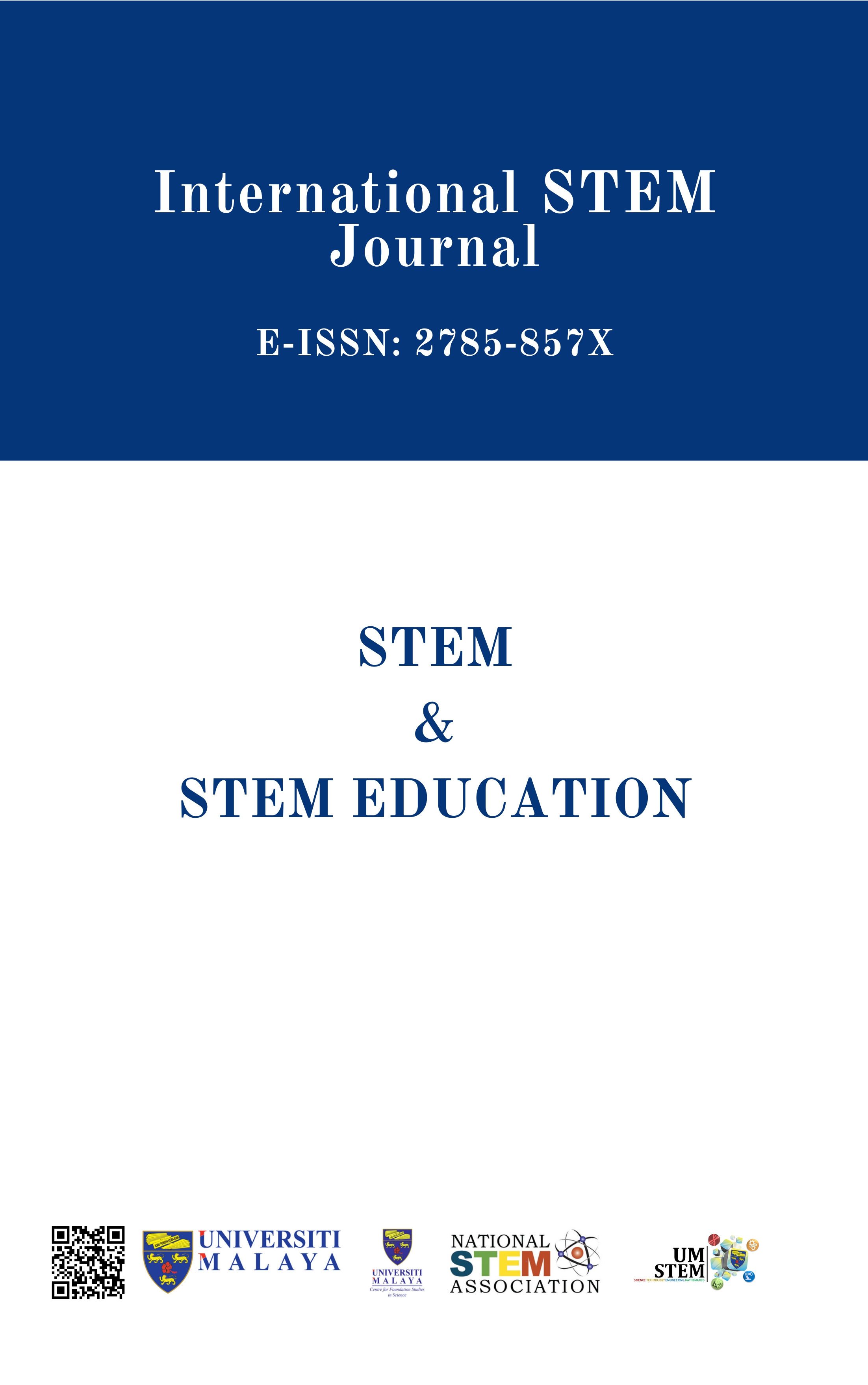Addressing Challenges in Design and Technology (Rekabentuk Teknologi-RBT) Subject: A Case Study on Enhancing Knowledge and Technical Skills
Keywords:
Design and Technology Subject (RBT), STEM Education, Engineering Education.Abstract
This research investigated the underlying issues of delivering Design and Technology (Rekabentuk Teknologi, RBT) subject in Malaysia education system and the effect of the empowerment of knowledge and technical. Some of the challenges are lack of resources, limited teacher training, lack of student interests and examination-oriented culture. School of Electrical and Electronics Engineering, Universiti Sains Malaysia (USM), have taken a proactive role in enhancing the knowledge and technical skills of secondary school students in RBT subject. In line with this, a comprehensive outreach program was successfully carried out, featuring training sessions and hands-on workshops. The workshop involved 64 students of secondary school from Form 2 and Form 3 students. The students' feedback was highly positive, with many expressing increased interest in Electricity, Electronics, and Arduino programming. The hands-on experience enhanced their understanding of RBT subjects and sparked a deeper interest in STEM fields. The group project phase was particularly well-received, fostering teamwork, problem-solving, and creativity. Overall, the workshop effectively bridged theory and practical application, leaving a lasting impact on students' skills and enthusiasm for further exploration in technology and engineering.
Downloads
References
Endot, Z., Jamaluddin, R., Mohd Ayub, A. F. and Mohd Puad, M. H. (2021). Teacher readiness in implementing the teaching of design and technology and its relationship with self-efficacy and intrinsic motivation. International Journal of Human Resource Studies, 11(4S), 1111–1122.
Idris, R., Govindasamy, P. and Nachiappan, S. (2023). Challenge and Obstacles of STEM Education in Malaysia. International Journal of Academic Research in Business and Social Sciences, 13(4), 820 – 828.
Ministry of Education. (2013). Malaysia Education Blueprint Plan 2013-2025. Putrajaya:
Mohammad, N., Mohammad Yasin, R. and Ana. (2014). Creative teaching in design and technology curriculum: Using structural equation modeling. In 4th World Congress on Technical and Vocational Education and Training (WoCTVET).
Mustafa, Z., (2019, March 20). STEM policies set for an evolution. https://www.nst.com.my/education/2019/03/471176/stem-policies-set-evolution.
Ramli, N. F. and Talib, O. (2017). Can education institution implement STEM? From Malaysian teachers’ view. International Journal of Academic Research in Business and Social Sciences, 3, 721–732. https://doi.org/10.6007/IJARBSS/v7-i3/2772.
Sahaat, Z. and Nasri, N. M. (2020). Cabaran pelaksanaan mata pelajaran reka bentuk dan teknologi sekolah menengah. Jurnal Pendidikan Malaysia, 45(1), 51–59.
Thomas, B. and Watters, J. J. (2015). Perspectives on Australian, Indian and Malaysian approaches to STEM education, International Journal of Educational Development, 45, 42-53, ISSN 0738-0593.
Uyub, N., Noh@Seth, N. H., Ahmad Alhassora, N. S., Mohd Ahyan, N. A., Jambari, H. and Pairan, M. R. (2021). Factors Contributing to Students’ Attainment in Design and Technology Project Work. Journal of Technical Education and Training, 13(1), 66-73.
Wai Onn, H. (2024). [COLUMNIST] Rethinking STEM education for Malaysia's future https://international.astroawani.com/malaysia-news/columnist-rethinking-stem-education-malaysias-future-485131.
Zulkarnain, Z., Saim, M. and Abd Talib, R. (2012). Hubungan antara minat, sikap dengan pencapaian pelajar dalam kursus CC301–Quantity Measurement. Politeknik Port Dickson.



